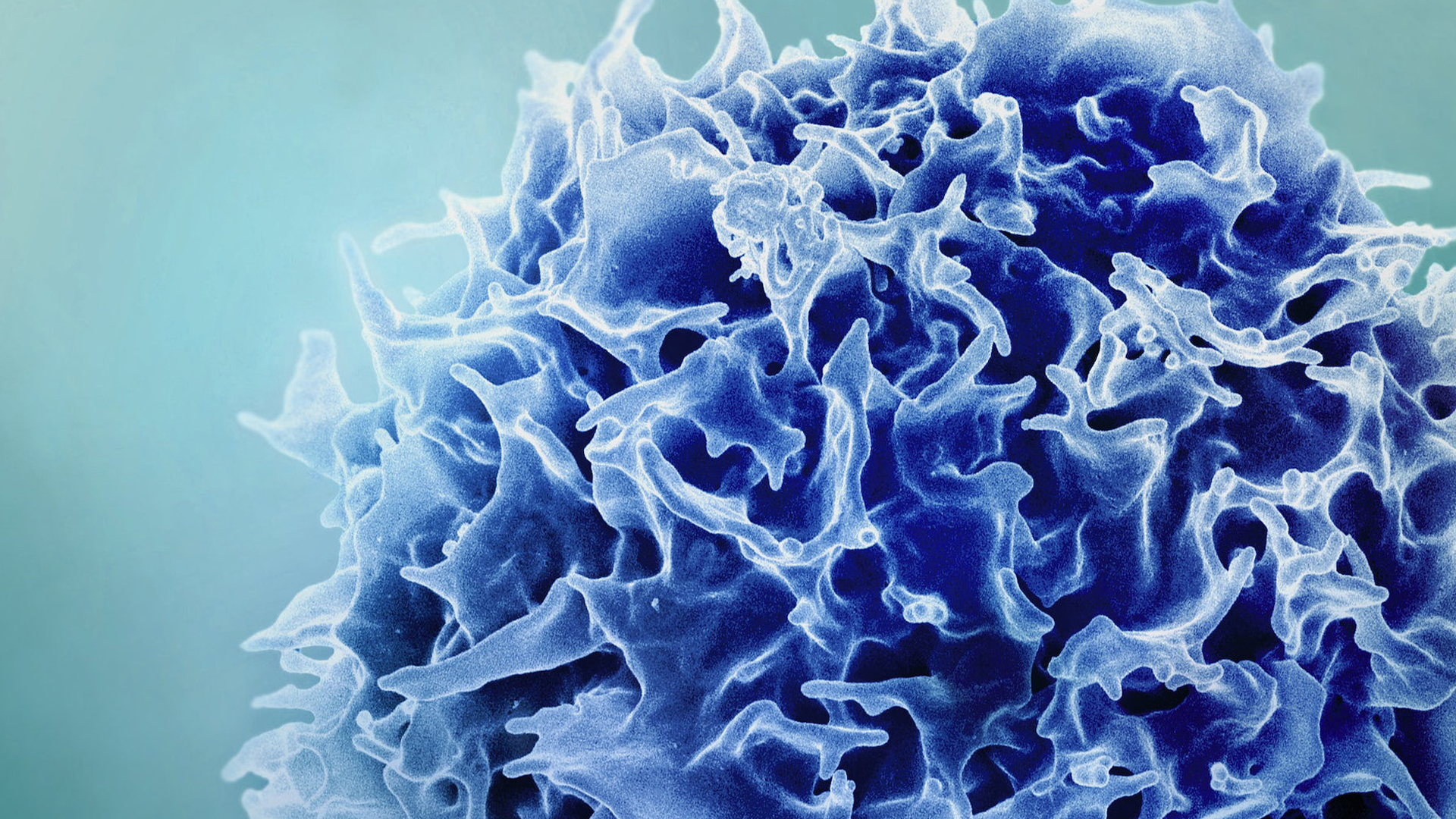Immune System
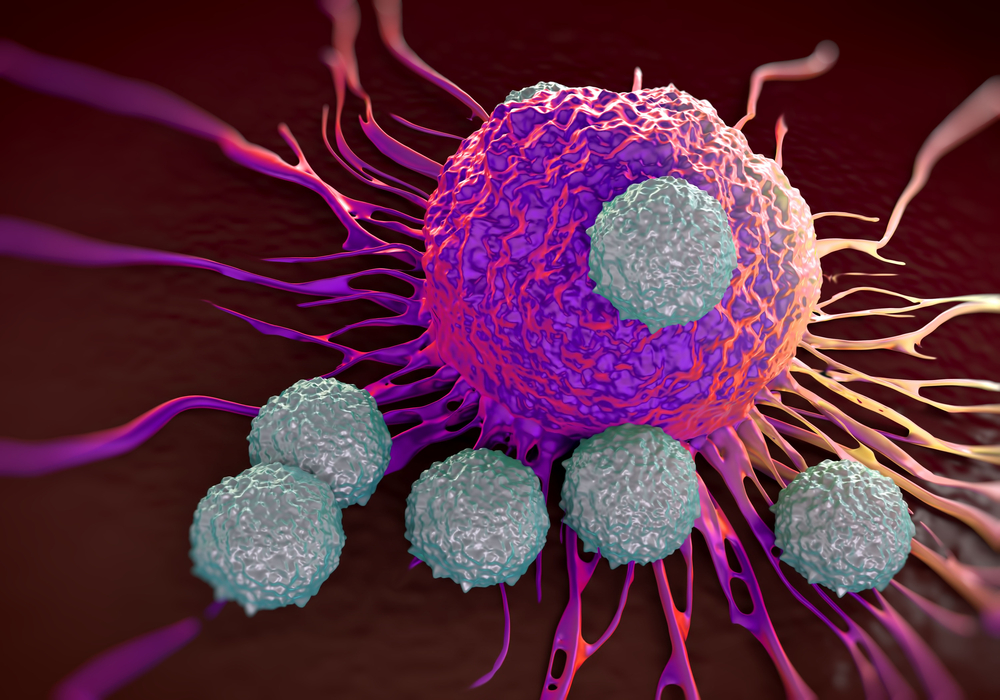
When it comes down to it, it's your immune system versus the world. From "innate" immunity — which protects your body against basic threats — to "adaptive" immunity, which homes in on specific targets, your immune system has you covered. Sometimes, however, your immune system can turn against you, leading to autoimmune diseases. To keep up with all things immune, check here for the latest news.
Latest about Immune System
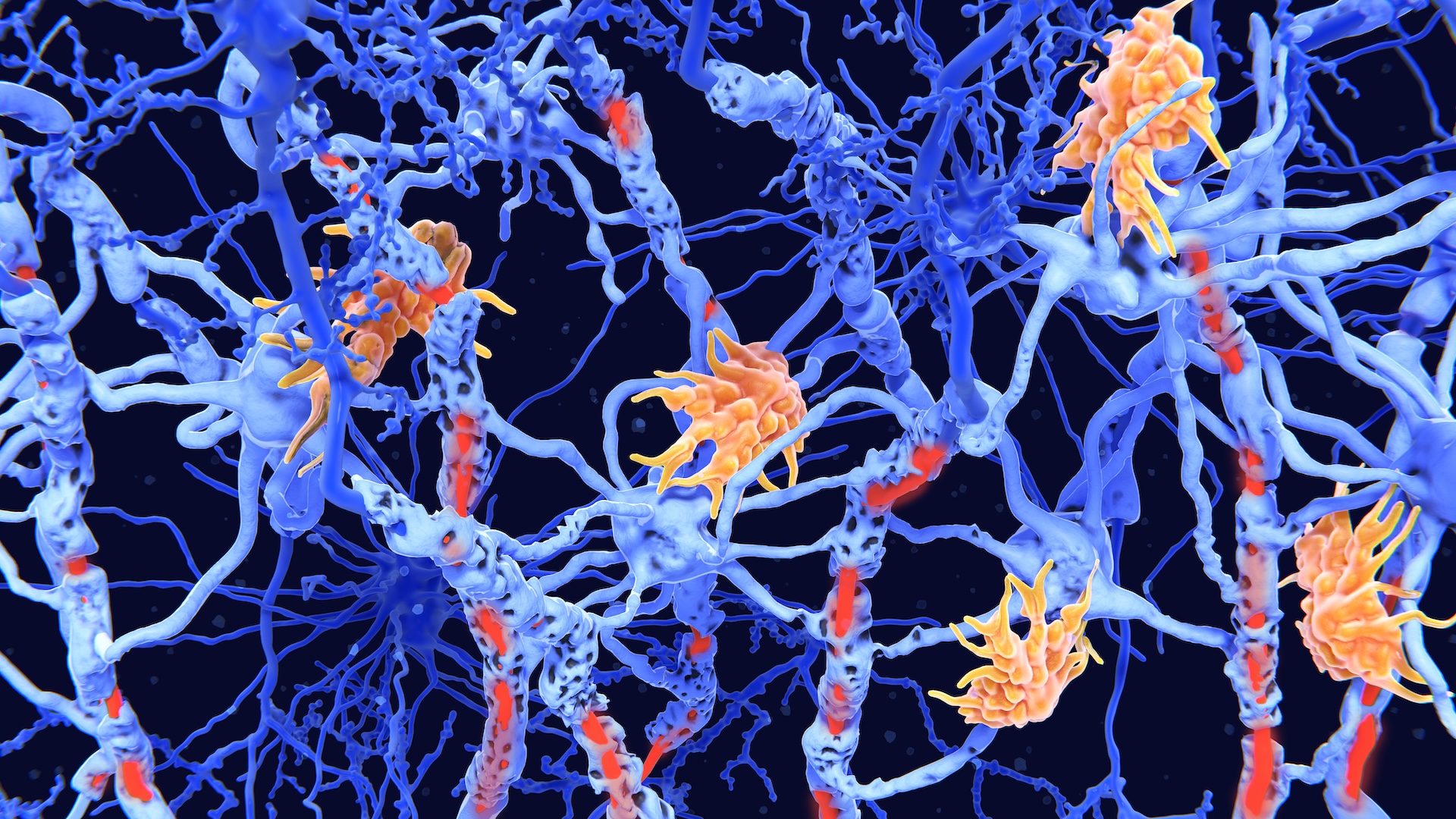
Twin study reveals signs of MS that might be detectable before symptoms
By Michael Schubert published
Changes in the gene activity of immune cells may help flag people who have multiple sclerosis or are likely to develop it, a study of twins hints.

Scientist who discovered body's 'fire alarm' against invading bacteria wins $250,000 Lasker prize
By Nicoletta Lanese published
One of this year's coveted Lasker Awards has gone to Zhijian "James" Chen, a scientist behind a key immune-system discovery.

Why are some people's mosquito bites itchier than others'? New study hints at answer
By Michael Schubert published
A previously unrecognized type of immune cell may be responsible for the itchy feeling brought on by bug bites and other allergic reactions.
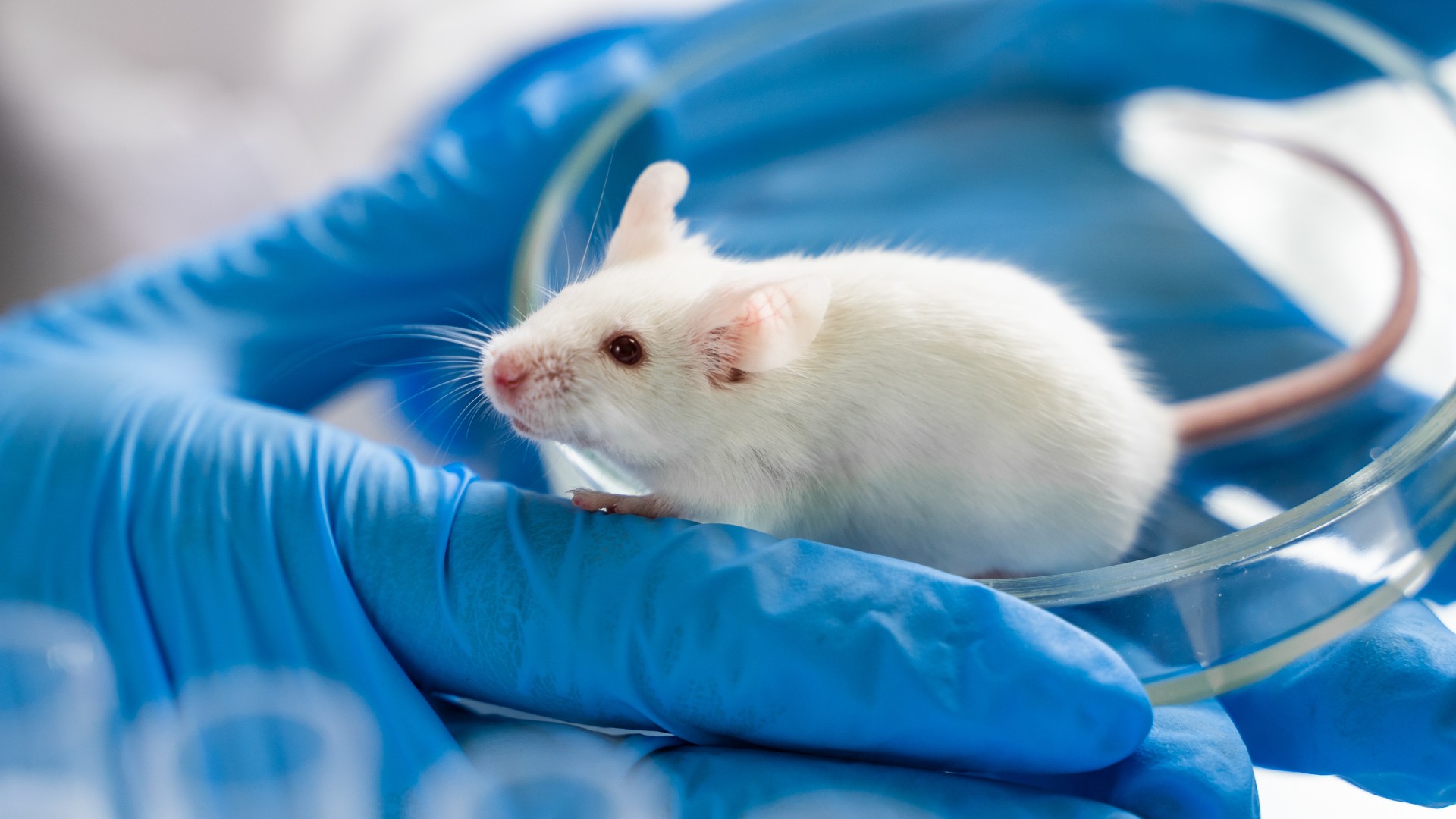
Scientists breed most human-like mice yet
By Emily Cooke published
Scientists have bred mice that are just like us — at least in terms of their immune systems.
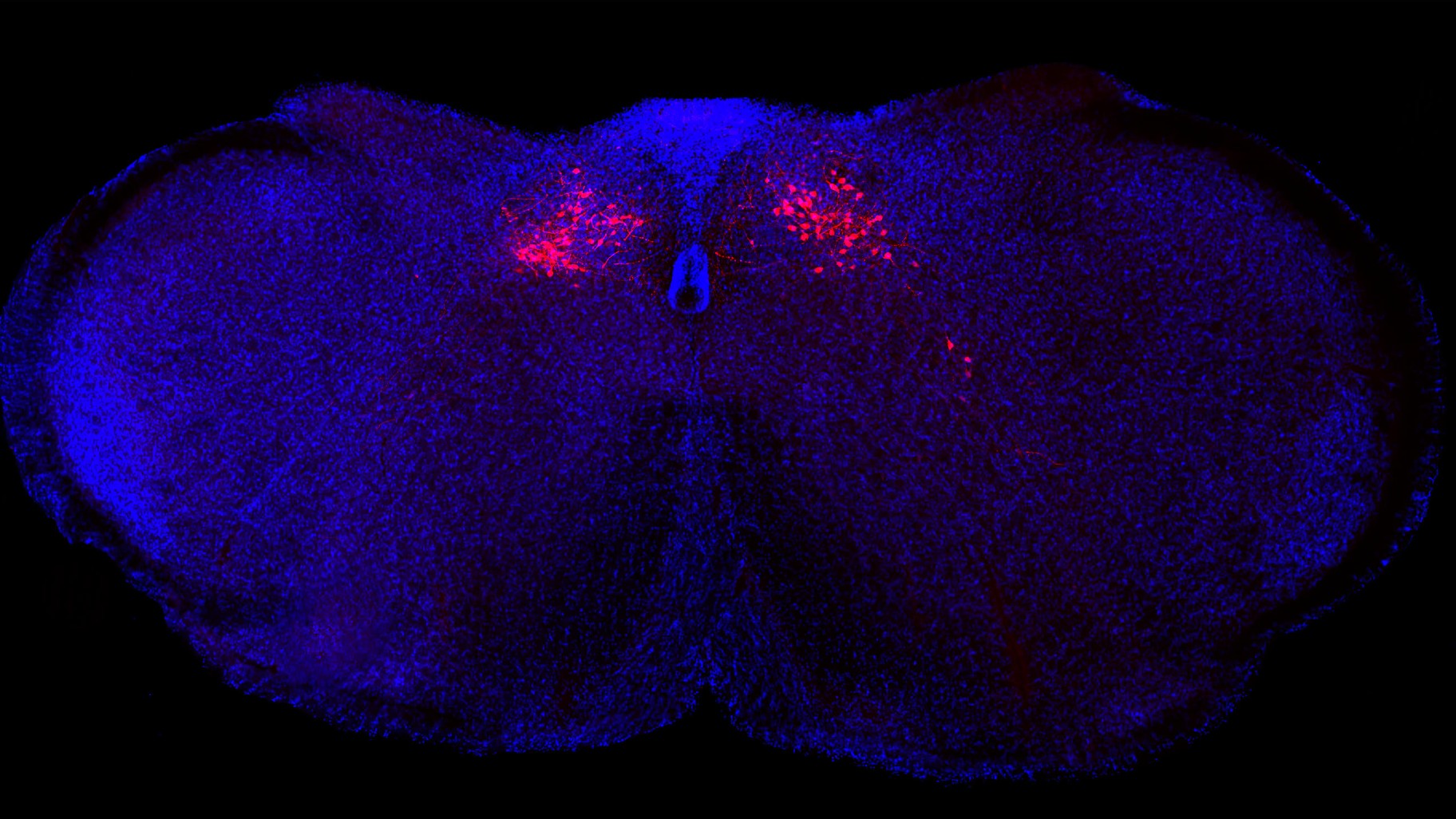
Master regulator of inflammation found — and it's in the brain stem
By Emily Cooke published
Research in mice suggests that specific neurons within the brain stem act like the dial on a thermostat — fine-tuning inflammation as and when required.
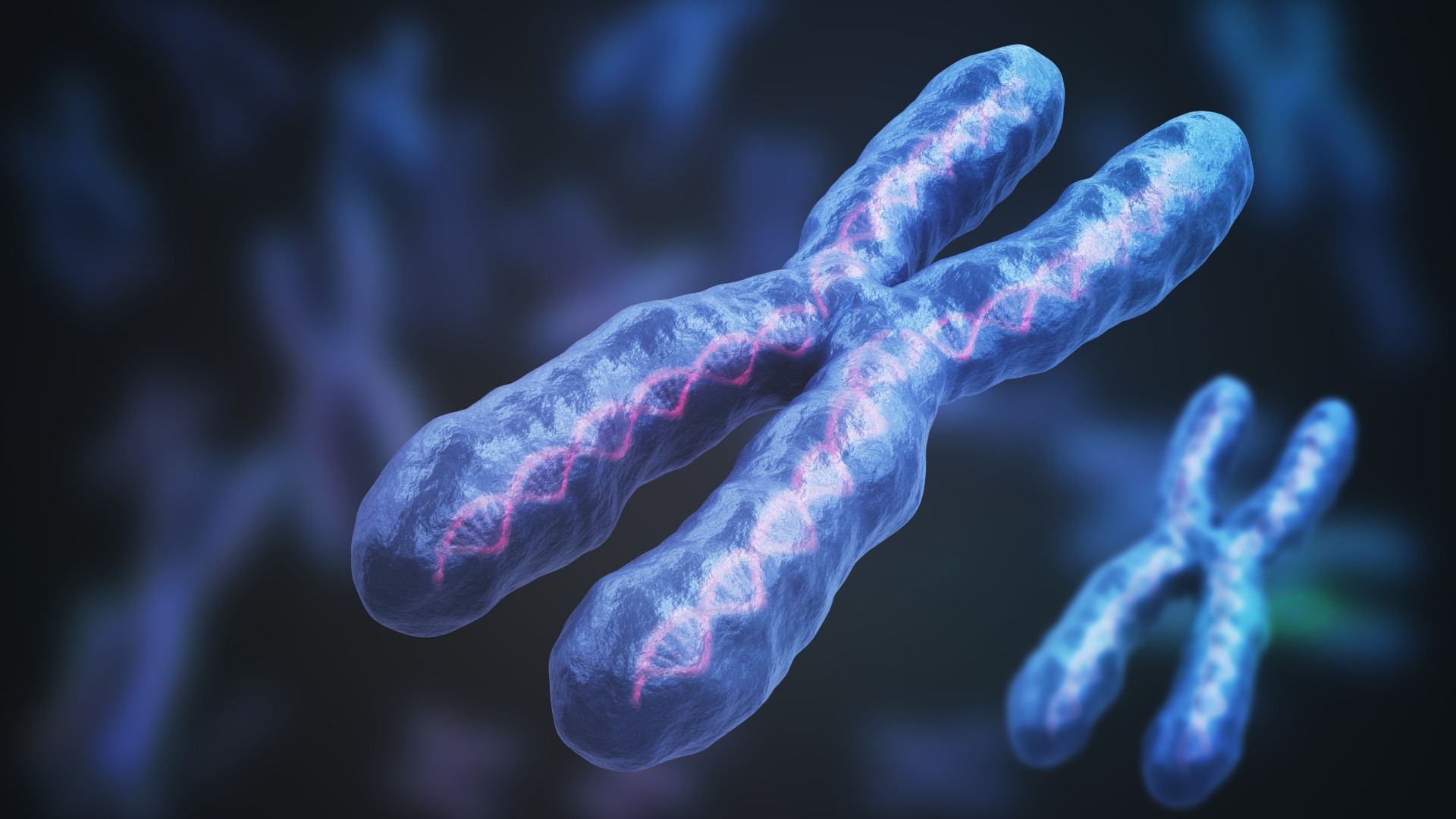
Women have 4 times men's rate of autoimmune disease. The X chromosome may be to blame.
By Emily Cooke published
A "complex" that regulates gene activity in people with two X chromosomes may predispose them to autoimmune disease, a new study hints.

Why is snot sticky?
By Anna Gora published
The glue-like mucus in your nose plays an important role in your immune system.
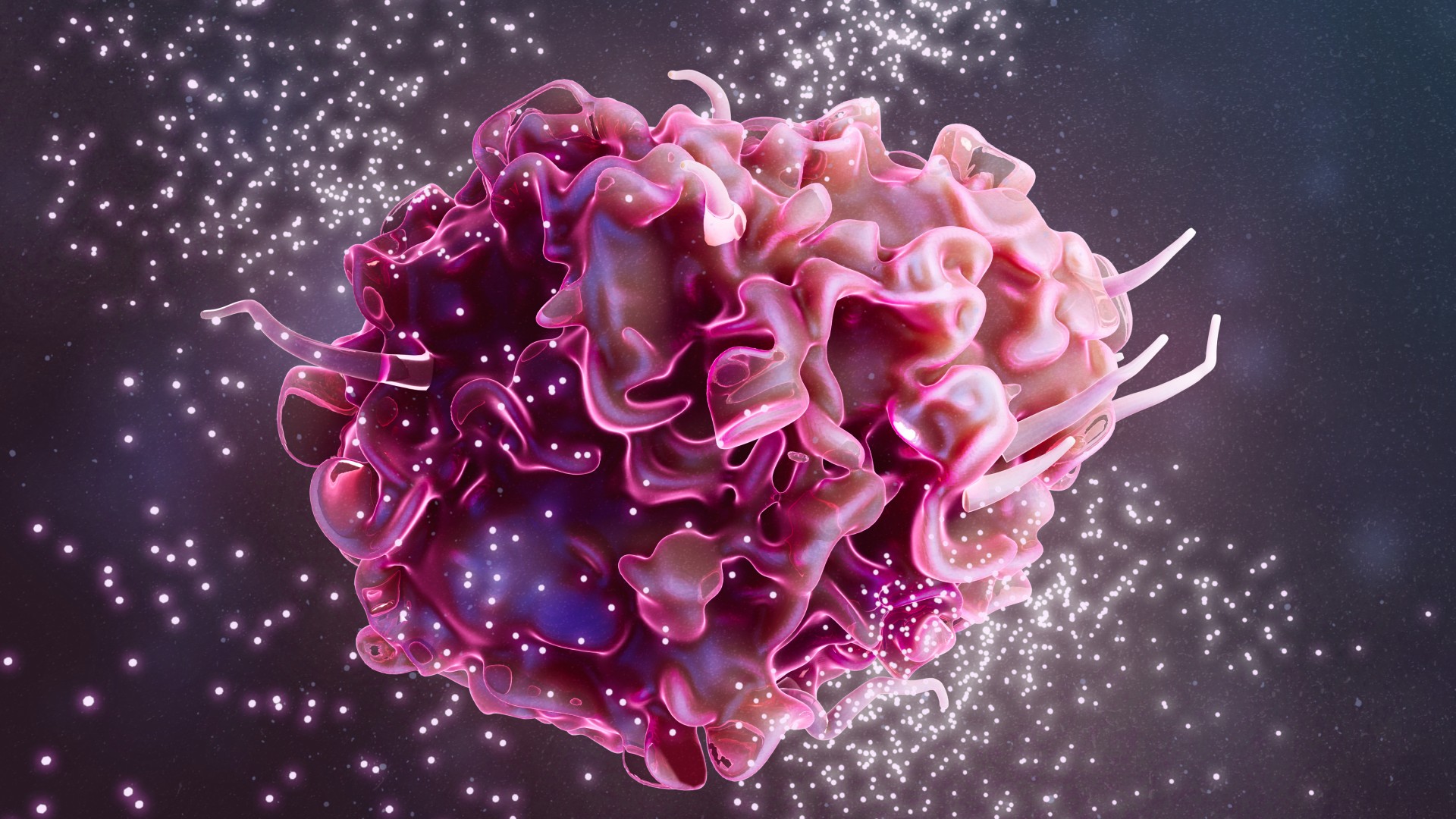
Inflammation is a 'mismatch between our evolutionary history and modern environment,' says immunologist Ruslan Medzhitov
By Emily Cooke published
In this interview, immunologist Ruslan Medzhitov explains how fundamental inflammation is, why it often goes wrong, and whether there's anything we can do about chronic inflammation.

'If you don't have inflammation, then you'll die': How scientists are reprogramming the body's natural superpower
By Emily Cooke published
Inflammation can be both a superhero and a villain, depending on the context. Rather than eliminating it completely, new treatments are trying to redirect it.
Sign up for the Live Science daily newsletter now
Get the world’s most fascinating discoveries delivered straight to your inbox.
